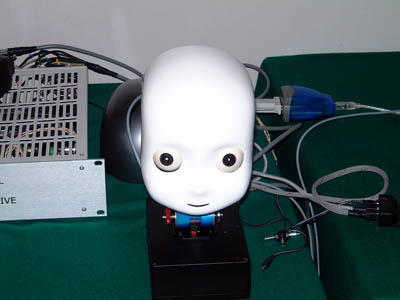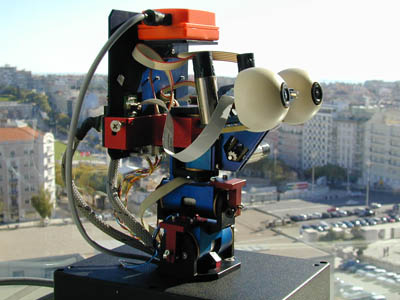The iCub soon could be crawling to a place near you! A EU research consortium has been pooling minds to come up with a robotic way of studying cognition and learning about the neuro-physiological foundations of human behaviour.
RobotCub is a five-year project, funded by the European Commission through the Cognition Unit (E5) under the Information Society Technologies component of the Sixth Framework Programme (FP6).
The main goal of the RobotCub project is to study cognition through a humanoid robot the size of a three-and-a-half year-old child.

One of the enticing aspects of this project is its openness: RobotCub distributes the platform openly, develops open-source software and is welcome to the idea of including new partners and forming collaborative networks worldwide.
Therefore, apart from the scientific goals of this project, the open nature of the iCub will give scientists globally the opportunity to use it for experimental research, before committing to building and customising their own iCub.

The consortium comprises 10 European research centres and is complemented by three research centres in the US and three in Japan, with these entities specialising in robotics, neuroscience, and developmental psychology.
Within the consortium of EU partners is a multi-disciplinary team, with backgrounds ranging from developmental psychology to neurophysiology, mechatronics, motor control in humans and robots, vision, and robotics.
Up until recent times, the study of cognition and the neuro-physiological basis of human behaviour was divided up into distinct disciplines, such as psychology, neurophysiology, cognitive science, philosophy and computer science, for example.
The project is being led by Professor Giulio Sandini, research director at the Italian Institute of Technology and professor in the Dipartimento di Informatica, Sistemistica e Telematica at the University of Genoa.
By Carmel Doyle